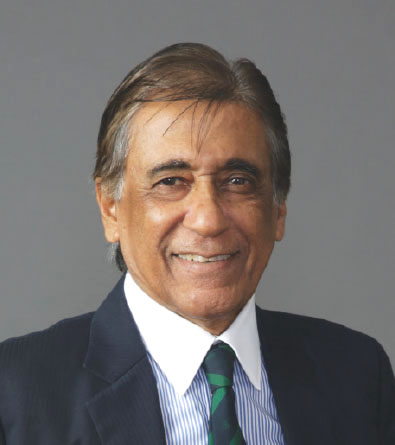
For most people including educators, the National Curriculum Framework (NCF) for K-12 education — last presented to the nation in 2005 — is what the apocryphal elephant was to the seven blind men of Hindoostan. As our indefatigable Managing Editor, Summiya Yasmeen discovered in parleys with over three dozen educators — principals, teachers, education consultants — before short-listing 19 for interview, most have a hazy idea of what NCF is all about and its purpose. This prevailing confusion is confounded because the new NCF, which is expected to be finalised by year end, will be presented in four detailed and separate documents.
The first document (360 pages) for Foundational Stage was presented to the nation on October 20 last year and was acclaimed by ECCE (early childhood care and education) professionals and preschool promoters. The second document, the National Curriculum Framework for School Education (NCFSE), which will lay down a framework/guidelines for primary-secondary schools countrywide, is scheduled to be released shortly.
NCFSE 2023 is expected to provide guidelines to managements and teachers of all 1.40 million schools countrywide, which have a staggering number of 260 million children on their muster rolls, to attain the ambitious goals set by the National Education Policy 2020. NEP 2020 based on a detailed 484-page report of the Kasturirangan Committee, mandates radical overhaul of India’s moribund education system, KG-Ph D. After the imminent NCFSE is presented, two more comprehensive documents on teacher education and adult literacy will be presented later this year by a NCF Steering Committee chaired by Dr. K. Kasturirangan. This will complete the process of conceptualisation and finalisation of the unprecedented NCF 2023. Looks like an overdue sea change is imminent in Indian education. But the devil is in implementation.
As usual at this time of year, our second lead story examines the Union Budget 2023-24 from the perspective of India’s long-suffering children. Despite being aware that children countrywide suffered severe learning loss during the unduly long Covid lockdown of schools averaging 82 weeks, and that they urgently need intensive remedial education to catch up, Dr. Sitharaman has presented a business-as-usual budget.
Yet unlike intellectuals and pundits, in EW we are not content to merely breast-beat and lament. For the tenth time we present an alternative budget/schema suggesting ways and means to mobilise Rs.7-8 lakh crore for investment in education and human resource development. He that hath ears let him hear!
Also check out excellent essays by Rajiv Desai and London-based edupreneur Sanjay Vishwanthan and other unique content that distinguishes this journal from all others worldwide. Yet while your editors — metaphorically speaking — can take horse to water, they can’t alas, make it drink.
